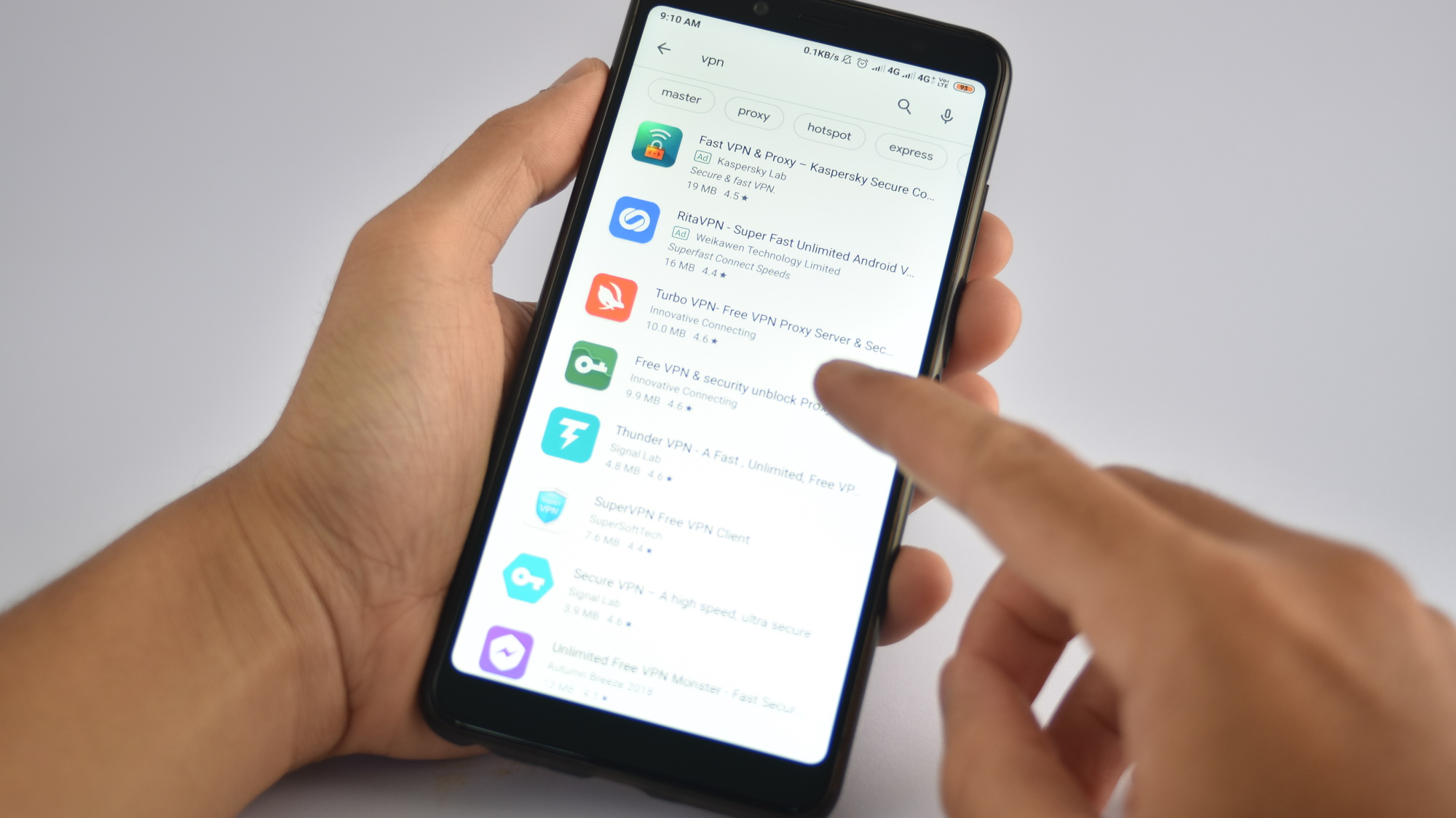Almost all popular health apps are harvesting user data
Google says it is taking action against offending apps

An analysis of more than 20,000 mobile health apps on the Google Play Store reveals that a majority of them collect and track user data.
The research, published in the British Medical Journal, set out to investigate the type of data that mobile health apps collect in order to assess the privacy risks. Some of the apps in the study, including symptom checker and menstruation tracker tools, require users to disclose sensitive health information.
The report found that nine out of ten mobile health apps collect and track user data, with over a quarter (28%) of them not adhering to Google Play Store’s terms of service by failing to list the data being collected.
- Shield yourself with these best identity theft protection services
- Check our list of the best VPN services
- Also check our roundup of the best privacy apps for Android
Muhammad Ikram, co-author of the study and a lecturer at the Macquarie University Cyber Security Hub, told The Guardian that 88% of the apps were using “tracking identifiers and cookies to track user activities on mobile devices, and some of these applications are actually using tracking across different platforms.”
Privacy violations
The research reveals that about two-thirds of the app collected advertising identifiers, one-third collected a user’s email address, and about a quarter could even identify the mobile phone tower to which a user’s device was connected.
Ikram added that some of these details are used for tracking and profiling purposes, and are actually collected by third parties like advertisers.
Calling it a “form of data mining” Ikram said the data collection is done without user consent and is being done both “explicitly and implicitly.”
Sign up to the TechRadar Pro newsletter to get all the top news, opinion, features and guidance your business needs to succeed!
A Google spokesperson informed The Guardian that they are reviewing the report and will take action if they find any apps in violation of their policies.
- Protect your devices with these best antivirus software
With almost two decades of writing and reporting on Linux, Mayank Sharma would like everyone to think he’s TechRadar Pro’s expert on the topic. Of course, he’s just as interested in other computing topics, particularly cybersecurity, cloud, containers, and coding.
